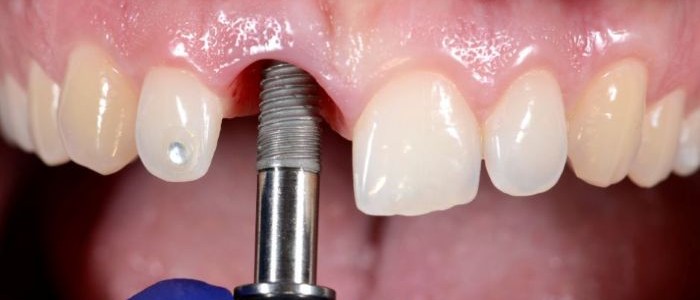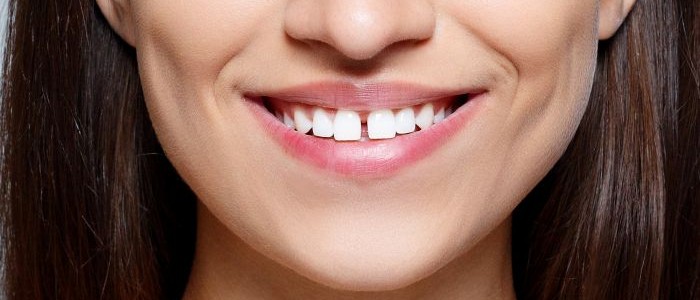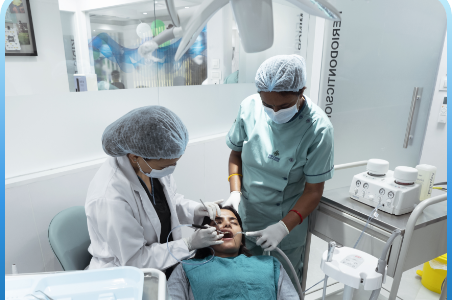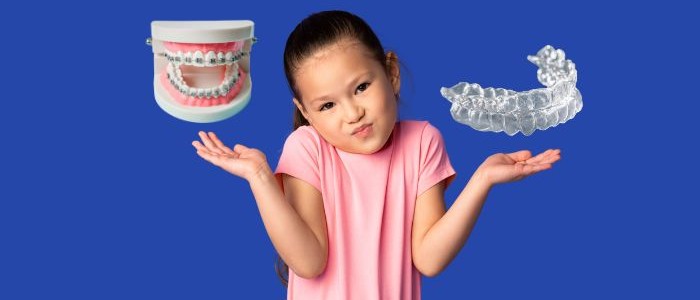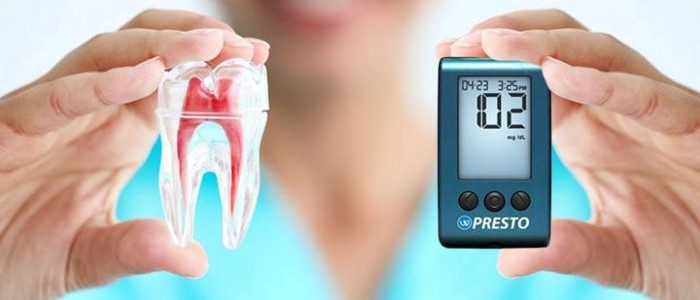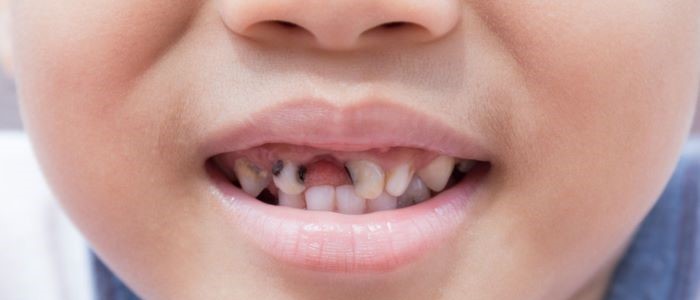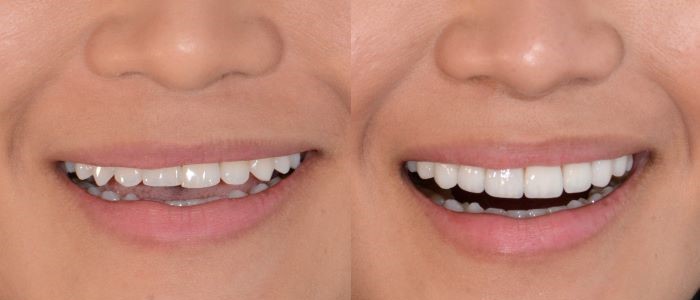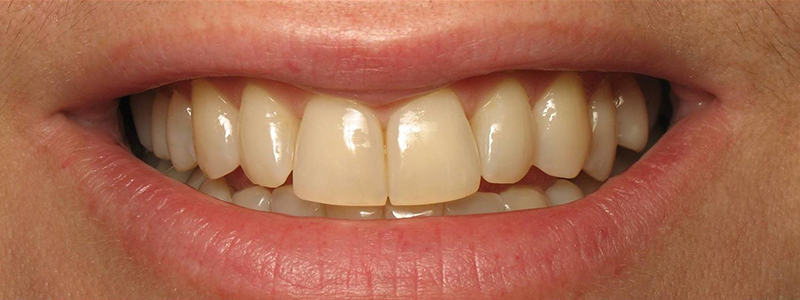When we think about healthy gums, we often think of brushing, flossing, and dental check-ups. But what if we told you that your mental state—especially chronic stress—could be silently harming your gums? And more importantly, what if a regular practice like meditation could help protect them?
At Studio Dentale, Kathmandu, under the expert care of Dr. Nikita Agarwal, we believe in treating the whole person—not just the teeth.
How Stress Affects Your Gums
Stress triggers the release of cortisol, a hormone that, in high amounts over time, can weaken your immune system. When this happens:
- Gum inflammation worsens (periodontitis risk increases).
- Healing from oral procedures slows down.
- Patients may grind their teeth more (bruxism), causing gum irritation.
- Oral hygiene habits may deteriorate due to emotional fatigue.
In Kathmandu’s fast-paced urban environment, stress-related dental problems are more common than you think.
What Does Science Say? The Link Between Meditation & Oral Health
Recent studies suggest that mindfulness and meditation can help reduce:
- Inflammatory markers like C-reactive protein
- Cortisol levels
- Dental anxiety and jaw tension
Benefits of Meditation for Gum Health
Here’s how regular meditation may support your oral wellness:
- Lowers Stress Hormones: Reduces gum inflammation and supports healing
- Reduces Bruxism (Teeth Grinding): Helps you relax the jaw and facial muscles
- Encourages Better Oral Habits: Mindful individuals are more consistent with routines
- Improves Sleep: Better sleep helps your immune system and tissue repair
- Eases Dental Anxiety: Makes you more willing to attend regular check-ups
How Studio Dentale Incorporates Holistic Dental Care
At Studio Dentale, Kathmandu, Dr. Nikita Agarwal and her team understand that oral health is deeply connected to overall well-being.
Here’s what makes us different:
- Calm and spa-like treatment atmosphere to reduce patient anxiety
- Counseling on lifestyle factors like stress and nutrition
- Post-treatment care advice that includes mind-body practices
- Patient education on bruxism and jaw relaxation techniques
Our goal? To help you feel cared for—not just treated.
At Studio Dentale, we believe that a healthier mouth starts with a healthier mind. Whether you’re managing bleeding gums, tooth grinding, or anxiety about dental visits, meditation can be a simple yet powerful tool.
Interested in a more personalized approach to oral health in Kathmandu?
📞 Book a consultation with Dr. Nikita Agarwal today and experience how Studio Dentale brings together modern dentistry and mindful living.




